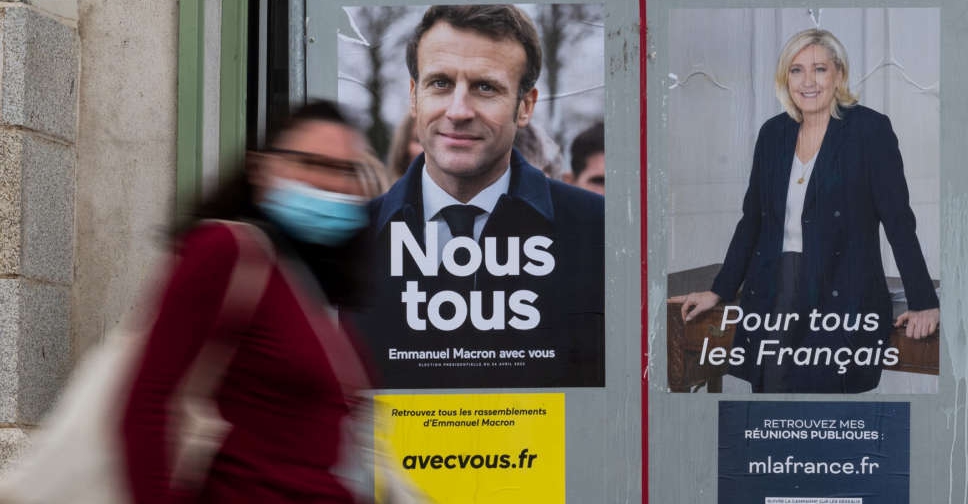
French President Emmanuel Macron and far-right challenger Marine Le Pen will face off on Wednesday in a debate, which could be decisive in the tight race to decide who will run the country for the next five years.
For Le Pen, who is behind Macron in opinion polls ahead of Sunday's vote, it is all about showing that she has the stature to be president and convincing more voters that they should not fear seeing the far-right in power.
"Fear is the only argument that the current president has to try and stay in power at all cost," Le Pen said in a new campaign clip on Tuesday, accusing Macron of doom-mongering over what a far-right presidency would mean for France.
For Macron, possibly the biggest challenge will be not to sound arrogant, something many voters have criticised in him, while poking at the holes he sees in Le Pen's policy plans and playing up his five years of experience in power.
"The French now see her as a possible president, unlike in 2017. It's now up to us to prove she will be a bad president," a source close to Macron said, adding that he would "counter her project and prove that it is inconsistent and unrealistic."
The debate, which starts at 1900 GMT, will be the only one between the two candidates.
When Macron and Le Pen first competed against each other for the president's job, in 2017, the debate was catastrophic for the anti-immigration, eurosceptic candidate.
She mixed up her notes and lost her footing, while the debate allowed a then-largely untested Macron to convince voters he was fit to be president.
Much has changed since.
DUEL
For one, although the line-up is the same, the outcome of the election is more open, with the centrist, pro-European president's lead in opinion polls much narrower gap than in 2017.
And Macron has now been in power for five years, meaning Le Pen can attack him on his track record.
She can also only do better than in the 2017 debate, which she herself called a failure, while it could be hard for Macron to repeat such a knock-out performance.
But Macron is not without assets for this debate, which will be the only direct confrontation between the two of the whole campaign.
With far-right pundit Eric Zemmour now out of the game, Le Pen lost a rival that made her look less radical, by comparison, and that has hit her in opinion polls.
Then, unemployment is at a 13-year low and the French economy has outperformed other big European countries - even if inflation is biting into that.
And while she has largely managed so far to brush it aside, Le Pen has her past admiration of Russian President Vladimir Putin working against her.
For both, trying to win over leftwing voters will be key.
While Le Pen's camp has been scrambling over the past days to explain her plan to ban the hijab in all public places, for Macron, a proposal to push back retirement age is leaving him exposed.
Both have eased up on campaigning ahead of the debate. But while Le Pen is said to be focusing on preparing for it, sources in Macron's team are keen to point out the president is still at work and hasn't taken a whole day off to prepare for the debate.
"Being president is not a part time job," a campaign aide told Reuters.

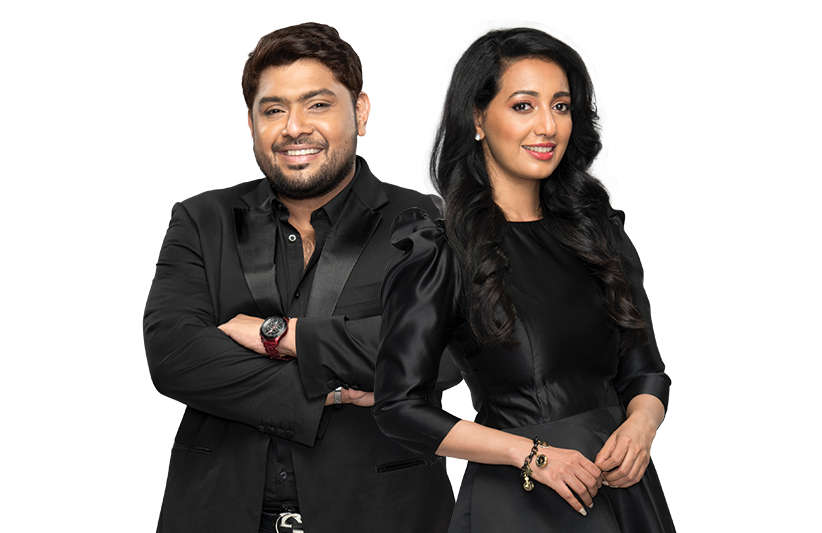


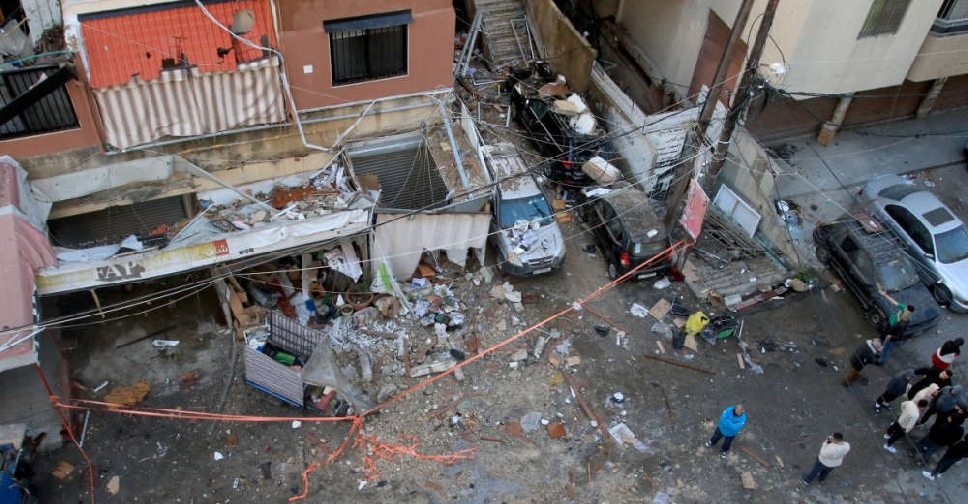 Israel says it killed a Hamas commander in Lebanon
Israel says it killed a Hamas commander in Lebanon
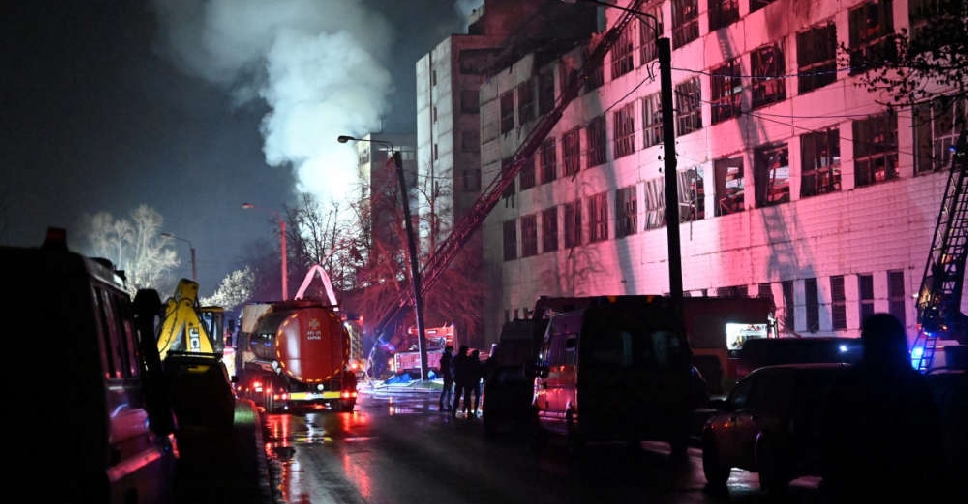 Four dead as Russian drone barrage hits Kharkiv homes
Four dead as Russian drone barrage hits Kharkiv homes
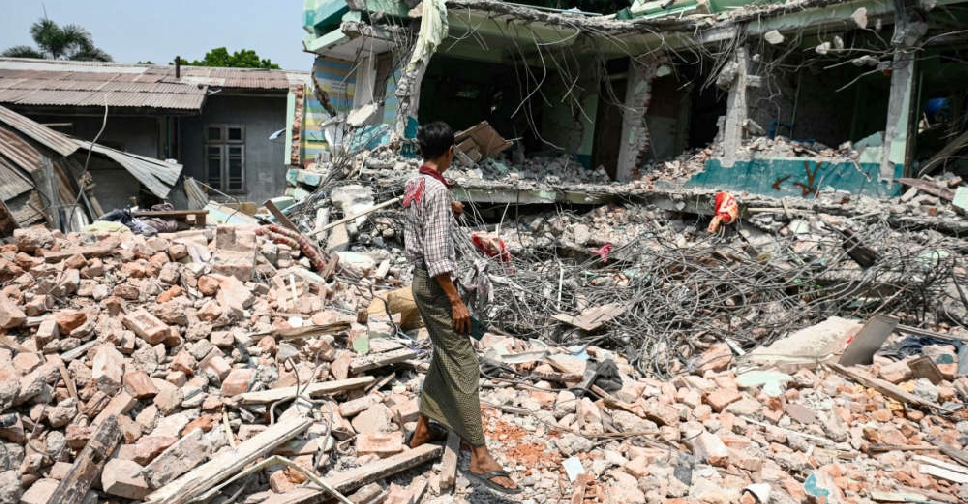 Earthquake deaths top 3,100, Myanmar junta chief joins Bangkok summit
Earthquake deaths top 3,100, Myanmar junta chief joins Bangkok summit
 Hackers compromise 20k Australian pension funds in cyber attacks
Hackers compromise 20k Australian pension funds in cyber attacks



